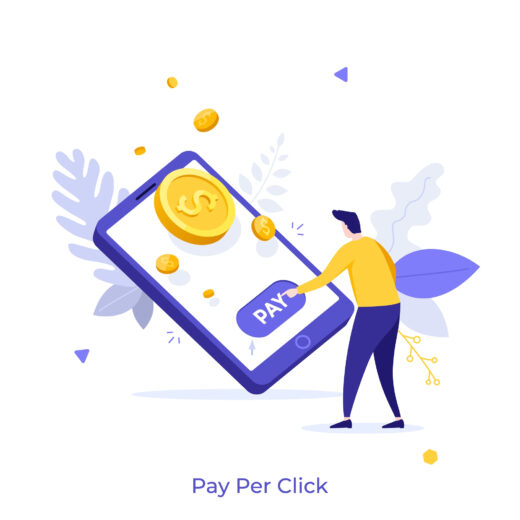Top Tips for Choosing the Right Target Keywords

Choosing the right keywords to target as part of your SEO campaign is a key element of success. While attracting a larger amount of traffic to your site is important, it’s more important to ensure that the traffic is actually good quality. In other words, there’s no point in attracting thousands of users to your site that sells smartphones if the majority of them are actually looking for laptops. That’s why it’s crucial to do your keyword research before you start the campaign. Read on for some top tips on how to choose the right target keywords.
Consider the Customer/Client
Put yourself in the shoes of your target audience. What would you type into Google if you were a customer looking for that particular product or service? It can be easy to get tunnel vision and only see things from your own perspective but sometimes it’s a good idea to think like a customer. Essentially, you need to think about search intent so that you can fulfil your potential customers’ needs.
Research the Search Volumes
Once you have a preliminary list of target keywords, do some research to find out how many average monthly searches those words or phrases actually receive. If there are no searches, it’s not worth targeting that keyword because no one will actually type it into Google. Likewise, if there are thousands of monthly searches, you may have a lot more competition all wanting to rank for the same phrase. With that said, it’s good to try and find a sensible middle ground. Lots of keyword tools will also suggest similar alternatives to help inspire you.
Think About Your Competitors
Competitors are great for giving us insights into what works and what doesn’t. Go to their websites and try and find out what keywords they are targeting to help spark some ideas. Have a look at the H1s and metadata, as this is usually where target keywords are placed.
Consider How Google Ranks Websites
Understanding how and why Google ranks certain websites on the first page will help you select which keywords to target. Google wants to provide a satisfying service to its users, so it will rank for relevance. If your keywords are vague (e.g., you target “school” instead of “prep school”) or not relevant to the search query, Google will rank competitors with more appropriate keywords.
If you have any questions or need any help with your keywords or other SEO tasks, don’t hesitate to contact us for some additional support. We will be able to perform keyword research on your behalf, combined with our experience and knowledge, to ensure you are getting the results you deserve.






